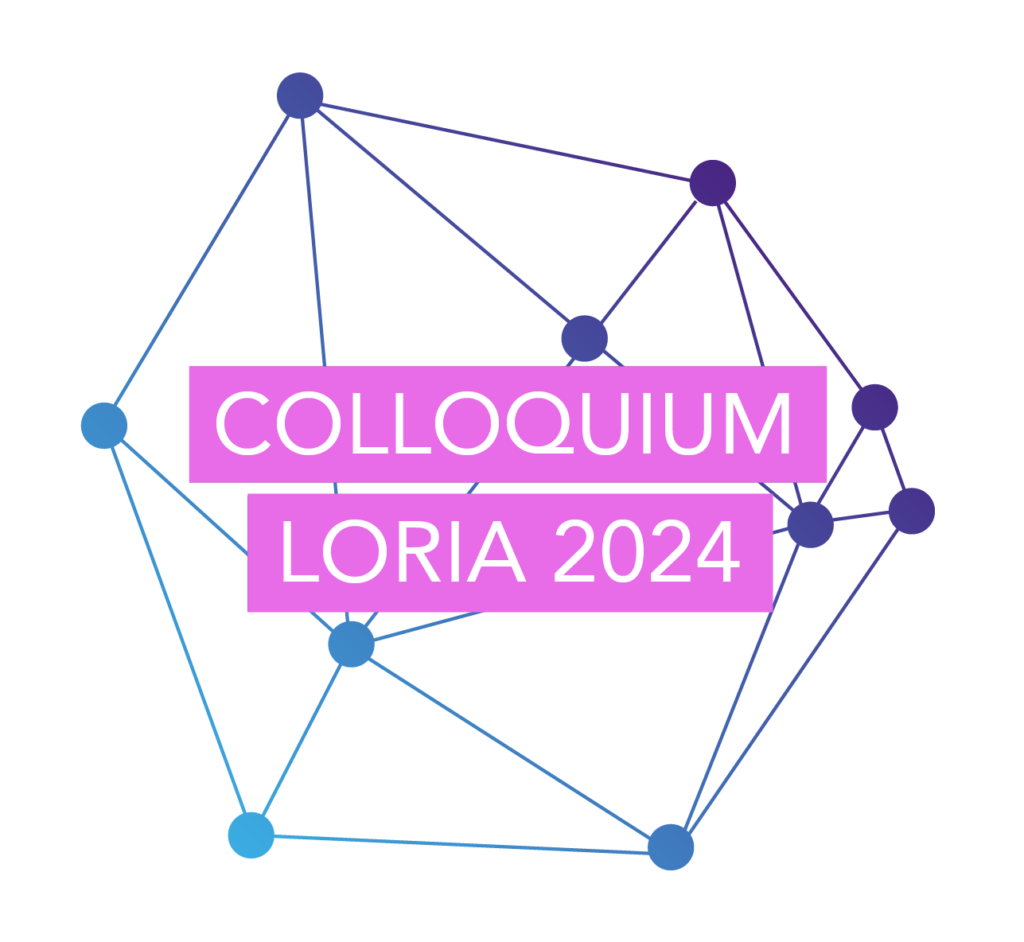[PhD proposal] Towards an event-driven approach to the emergence of behaviors
Team BISCUIT, Loria
Supervision : Hervé Frezza-Buet (HDR), Alain Dutech (HDR)
Herve.Frezza-Buet@centralesupelec.fr & Alain.Dutech@loria.fr
A more detailed PDF version can be dowloaded here.
Summary
The BISCUIT [1] team from the Loria laboratory brings together researchers interested in new computational paradigms. Under this paradigms, calculations are adaptive, distributed and decentralized, carried out by a mass of simple calculation units that communicate mainly with their close neighbors. These properties are compatible with the use of unsupervised – but guided – self-organization
principles in order to tackle difficult problems such as situated cognitive computation, autonomous robotics, adaptive allocation of computation resources, etc..
The brain is a tangible evidence of the efficiency and adaptation abilities that one car reach by relying on this kind of principles. Thanks to the interaction between humans or, more generally, animals and their world, the structure of the brain, relatively homogeneous but already partially specified in the genetic code, will develop and organize itself, specializing some of its parts. This theory of emergence of cognition (McClelland, 2010) is very attractive, but its underlying mechanisms are still poorly understood. Moreover, recent progress in deep learning does not,
unfortunately, advance knowledge in this direction.
With this in mind, we want to explore what we believe is an essential component, though rarely addressed, of the emergence of behaviors. The artificial agents that we consider evolve in continuous sensorimotor spaces, both temporally and spatially. Conversely, the most elementary cognitive processes are based on instants where decisions are made. In the continuous course of time, these instants are points where recognition emerges from perceived signals, where an action is triggered. The agent, according to this principle, is cognitive as it interacts with its environment
by “pulses”, by building the events necessary for its coupling with the outside world. To palpate a scene with your eyes, to resume the expression of Merleau-Ponty, to detect a particular object, to decide to seize it, to seize it, can be seen as the production of events where perception and action merge. The question is then to know how this concept of event is created, how the world evolves
from an ever-changing continuum to a sequence of discrete events. How a cognitive relation to the world can be developed ? How do we go from a purely reactive agent to an agent that takes a decision ?
The BISCUIT team is committed to “really doing something with Spatialized and Decentralized Population of computing units” (SDP) rather than trying to model the structure of the brain with accuracy. The subject of the proposed doctoral thesis is one more step in this direction.
[1] Bio-Inspired Situated Cellular and Unconventional Information Technology, http://biscuit.loria.fr/


